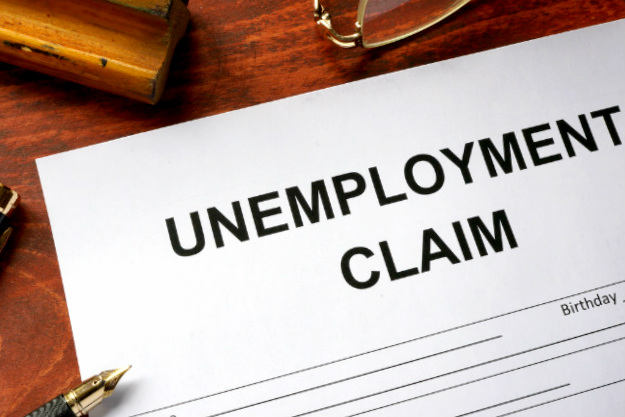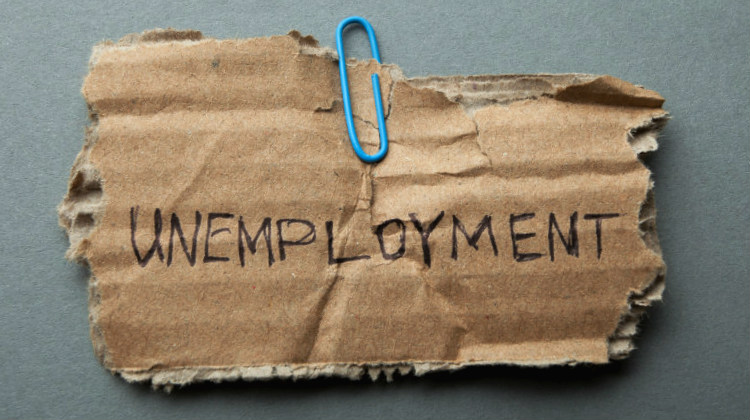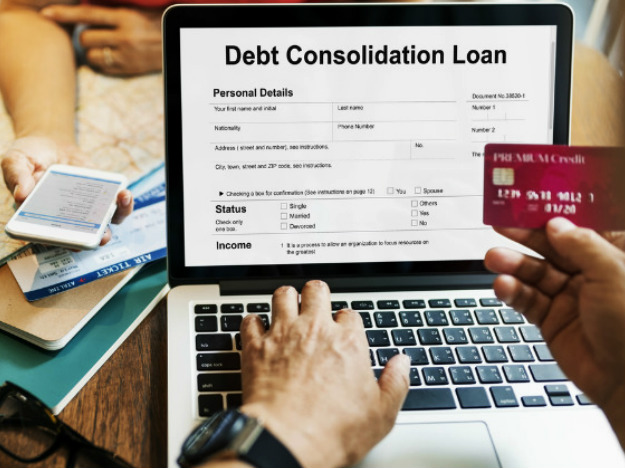Taking out unemployment loans can be a hard position to be in.
Borrowers who face this type of problem are typically either recent graduates or those who just lost their jobs.
Repaying student loans without a job is a challenging proposition — but not hopeless.
Below, you’ll find out how to handle unemployment personal loans.
Unemployment Loans: What to Consider
1. Get in Touch with Your Provider
The first thing to consider when you get into such a situation is to contact your student loan provider.
It’s wise to make an arrangement with them like asking for a payment deferment while you’re looking for employment.
Deferment is an available option with federal student loans.
In fact, you can defer your payment for up to three years.
Three years is more than enough time for you to start working out on your settlement.
You can also use forbearance in deferring your student loan payments.
Though in this method, you only have a 12-month period to start repaying your student loan.
2. Declare Unemployment

Applying for unemployment benefits can also be a good option while you’re working out your student loan repayment.
With your application, you may discover you qualify for unemployment loans.
Benefits can last for months, giving you time to fix your payments while looking for a job.
You can search your state’s website to find out more details on availing this benefit.
3. Debt Consolidation Loan
A debt consolidation loan is a way to reduce monthly fees by combining several loans into a single payment.
This is especially helpful when you have no sources of incoming funds.
Taking advantage of a debt consolidation loan can give you lower interest rates, alongside avoiding creditors and late fees.
Consolidating loans can also make you eligible to extend your repayment.
That way, it’s easier to manage, and you’ll only have one loan earning interest to worry about.
4. Look for Co-signers

One of the ways to get an unemployment loan to pay for your student loan is through a co-signer.
Ask a relative or a friend if they are willing to co-sign a loan with you.
This way, you have a better chance of securing a loan to pay off your student loan debt.
Just make sure to keep your promise and payoff the loan.
A broken promise, and accumulating debt for a loved one, can destroy relationships.
5. Look for Other Alternatives

Looking for other ways to get funding to pay for student loans is one of the best options you have.
This shows just how determined you are in paying off your student loan.
This is a good habit to maintain, especially when you’re handling your credit score in the future.
Considering crowdfunding as an alternative is one way to relieve your debt worries, particularly if you have no resources.
Borrowing money from friends or relatives might be an option.
However, above all other strategies, getting back to work to be able to generate income to pay off these liabilities should be a priority.
Learn some tips to pay off student loan debts in this video from CBS News:
Obtaining unemployment loans after losing a job is a challenging task.
However, sources to repay your student loan could be just around the corner.
You just have to be smart and resourceful to find that source of funding you’re looking for.
Have you experienced applying for loans while unemployed? Share your tips and advice in the comments below.
Up Next: How to Improve Your Credit Score


